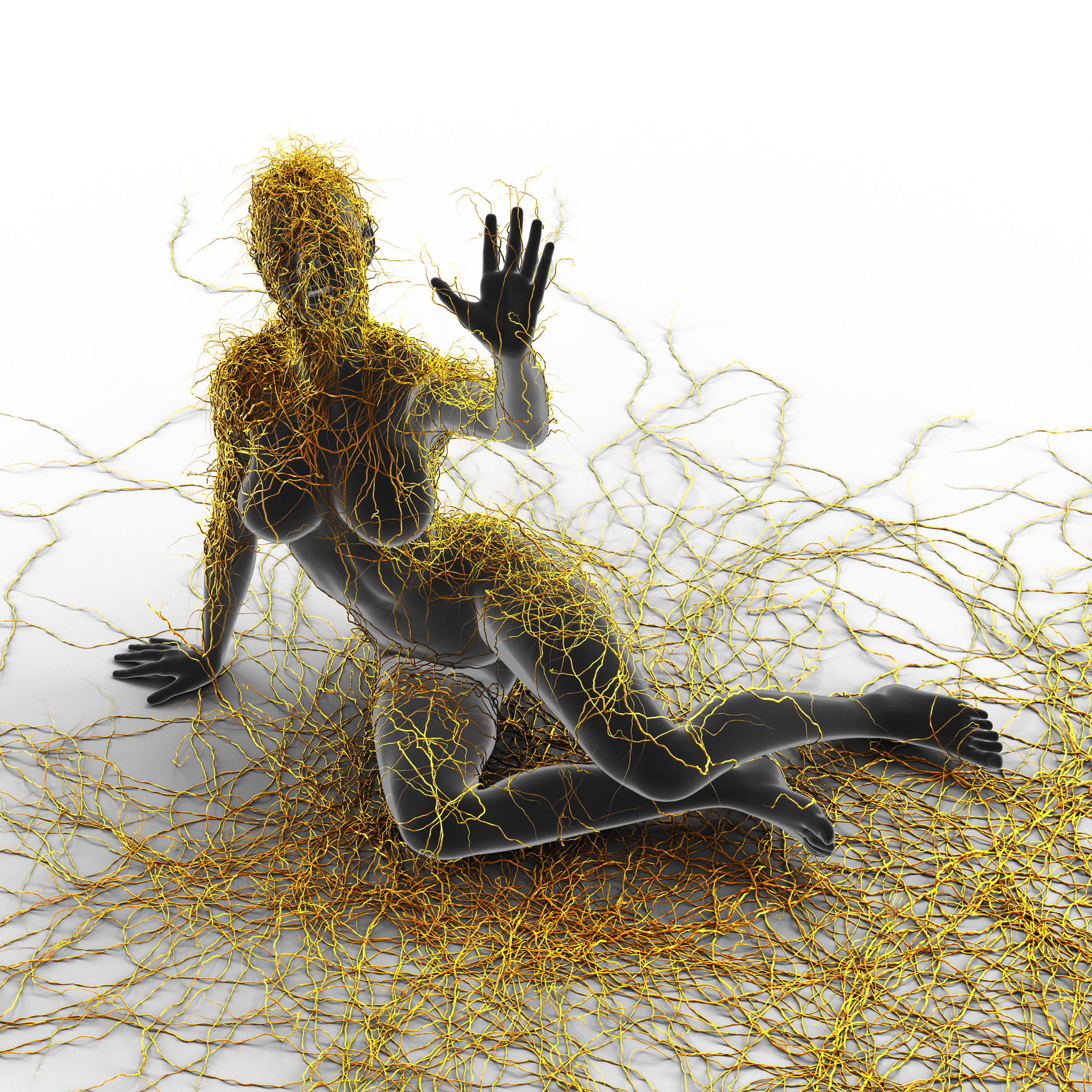Early Detection Warning Signs Of Multiple Sclerosis You Should Know + Treatment & Relief Options
Multiple sclerosis, or MS, is an autoimmune inflammatory condition affecting the spinal cord and the brain. It develops when the immune system attacks the fatty substance protecting the nerve fibers of the brain and spinal cord because it mistakes them as foreign invaders. There are approximately 2.5 million people in the world living with this condition, with two hundred new cases being diagnosed every week. Here are the early detection signs to look out for as well as common treatment options.
Risk Factors

Women are twice as likely as men to be diagnosed with multiple sclerosis at some point in their life. Although anyone can develop the disease at any age, it usually occurs when a person is between fifteen and sixty years old. Having a family history of multiple sclerosis increases the risk of developing the disease, as well as smoking or having a history of mononucleosis. As autoimmune diseases tend to be related, it is possible to develop multiple sclerosis after being diagnosed with another autoimmune condition first.
Types Of Multiple Sclerosis

There are four main types of multiple sclerosis; Relapsing-Remitting MS (RRMS) is the most common type. It occurs when the disease temporarily becomes active and then goes into remission. Secondary-Progressive MS (SPMS) occurs when symptoms start to become worse over time. Primary-Progressive MS (PPMS) is the least common and happens when MS symptoms slowly become chronic. The final stage is Progressive-Relapsing (PRMS), which is very rare and occurs when the disease consistently remains active with no periods of remission.
